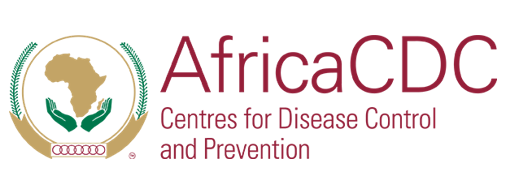Zambia Among 14 African Countries Facing Alarming Levels of Drug Resistance, New Study Finds
A landmark study has revealed alarming levels of drug resistance across 14 African countries, including Zambia, raising concerns about the continent’s ability to treat common infections and curb the growing health crisis.
The study, titled Mapping Antimicrobial Resistance and Antimicrobial Use Partnership (MAAP), is the most extensive of its kind conducted in Africa. It was spearheaded by the Africa Centres for Disease Control and Prevention (Africa CDC), the African Society for Laboratory Medicine (ASLM), One Health Trust, and other partners.
Analyzing over 187,000 lab test results from 205 laboratories between 2016 and 2019, the research found high resistance to powerful antibiotics in bacteria such as E. coli, Staphylococcus aureus, and Klebsiella pneumoniae. Particularly alarming were findings from Ghana and Malawi, where resistance to third-generation cephalosporins was widespread.
More than 50% of Staphylococcus aureus samples in six countries, including Nigeria and Ghana, were resistant to methicillin, a drug widely used in hospitals, posing significant treatment challenges.
The study also identified vulnerable populations. People aged over 65 were 28% more likely to carry resistant infections, while hospitalised patients faced a 24% higher risk. Previous antibiotic use further increased the risk.
However, the report also exposed major weaknesses in surveillance and diagnostics. Fewer than 2% of health facilities were capable of testing for bacterial infections, and just 12% of records linked resistance data to individual patients, hindering effective health responses.
Senegal was cited for having the strongest data systems, while Sierra Leone lagged behind. Most labs still rely on handwritten records, with few having reliable digital tools.
Supported by the UK’s Fleming Fund and the U.S. Centers for Disease Control and Prevention (CDC), the study urges African governments to prioritise antimicrobial resistance (AMR) by investing in laboratory infrastructure, routine testing, and data systems.
“For African countries, AMR remains a wicked and complex problem,” said Dr. Yewande Alimi, Africa CDC’s One Health Unit Lead. “This study brings to light groundbreaking AMR data. We must act now, and together, to address AMR.”
Without immediate intervention, experts warn drug resistance could reverse decades of health progress and development gains.



